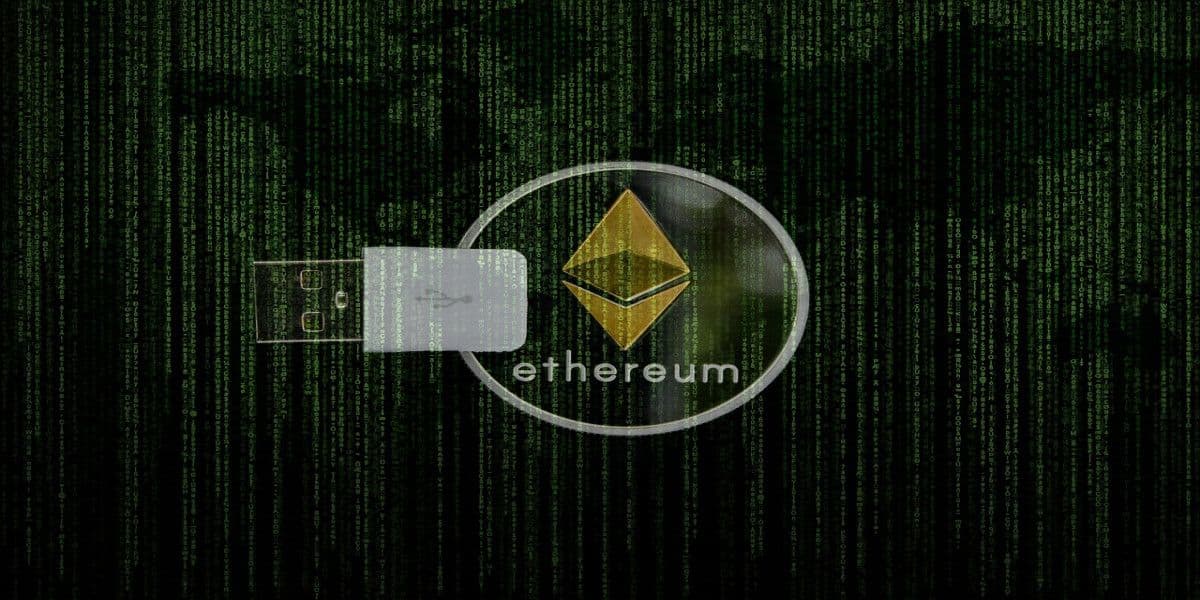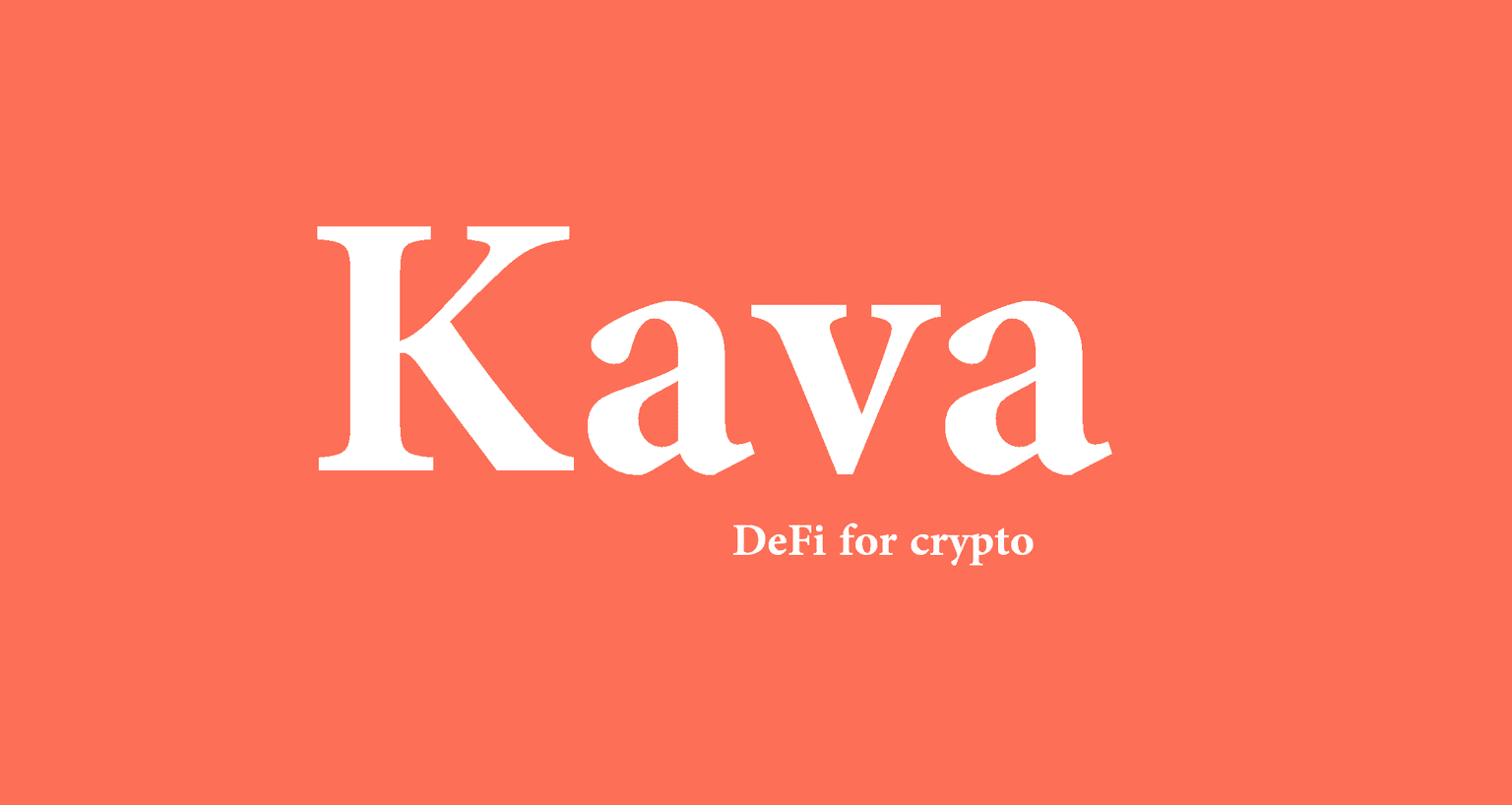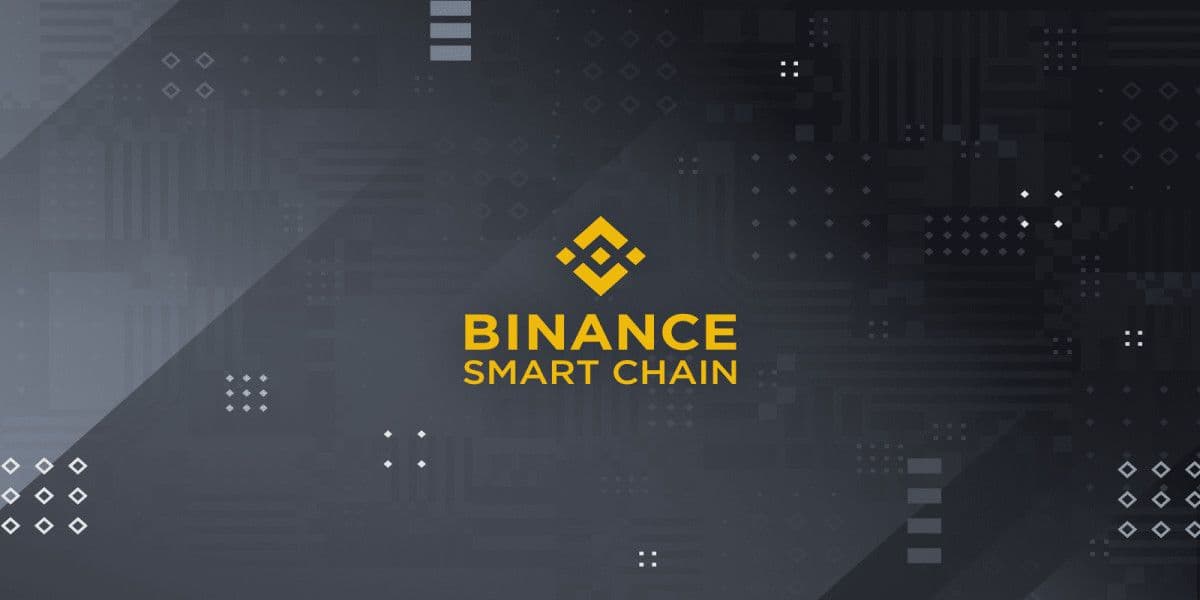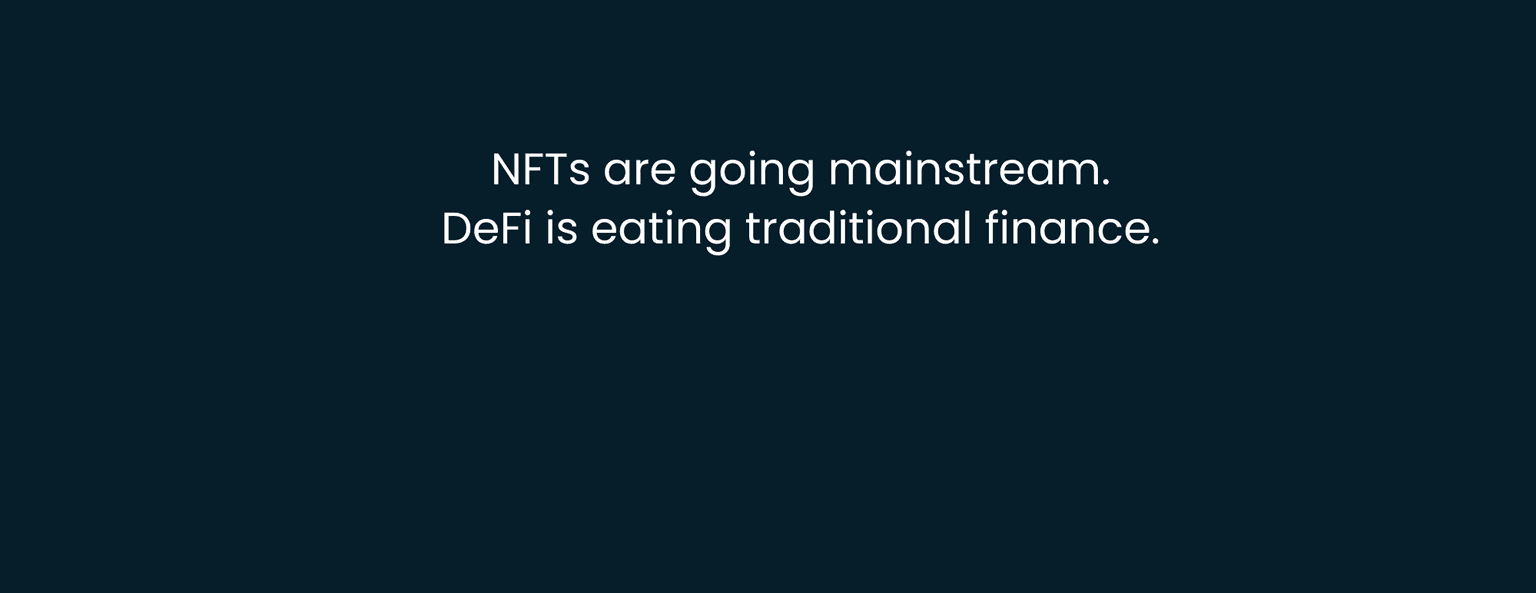Two projects that chose Stellar’s blockchain over ETH just because it’s better
Because of the high performance, both projects require, the fact that they chose Stellar should be proof enough that Stellar's technology is well beyond Ethereum's.

Ethereum is much more than a currency. In fact, it’s a whole blockchain-based operating system that allows for developing, running, and using decentralized applications and, even more, new blockchains and cryptocurrencies.
Many projects have come into existence through the Ethereum blockchain, some have developed their own blockchain tech and left Ethereum behind (EOS and Tron, for instance), but many others are still Ethereum-based.
While it was a pioneering project at the time it was launched, and it’s been very fruitful, and influential, it’s often criticized nowadays for not keeping up with the times.
The most frequent complaints are the current transaction speed, the lack of scalability, and the high cost of gas. Which is why new blockchain-based projects are choosing better platforms to launch their own platforms. One of those better blockchains is none other than Stellar Lumens.
Stellar Lumens has a proprietary token called XLM, but it’s also a platform that allows for the development and use of decentralized apps that already has persuaded many different projects to choose it as its base platform.
Among them are Change, Smart lands, supereminent, Sice, TilllBily, Open Garden, SatoshiPay, Tempo, Stronghold, Stellar post-Decentralized Exchange, Stablecoin, and Veridium. But those are not all by any means.
We can think of two other extensive projects that also chose Stellar’s technology over Ethereum‘s: Ternio and Mobius.Network.
Ternio
Ternio is an extraordinary blockchain platform. So far it’s the only framework in the cryptosphere that can support more than a million transactions per second. It’s designed to tackle problems that plague the digital advertising sector in which the clicks happen abundantly and quickly, hence the requirement for such a high transaction rate.
The project’s name comes from the Latin word for “a series of three” because its architecture is based on three elements, namely, advertiser, publisher, and user. By using Ternio, advertisers and publishers can connect directly with incredible security fueled by a single, light, blockchain.
It’s the need for more than a million transactions per second that made Ternio choose Stellar over Ethereum because the latter just can’t handle that kind of speeds.
Mobius.Network
Mobius.Network is a young project which held its ICO last January. They did it over Stellar (after considering using Ethereum) because of all the usual problems currently associated with Ethereum.
In the words of the project’s CEO,
“We realized there was no way that Ethereum could handle our technology, it was too slow, too expensive and too insecure.” then he explained further “we see all these other projects with these immense problems. We think we’ve uncovered this underutilized, really unknown technology [of Stellar]”
The Mobius project aims to bring the traditional internet together with the brand new decentralized, blockchain-based, internet by developing and deploying decentralized applications. Additionally, its API is public, simple, easy to use so any traditional developer can get the gist of writing a dApp even without previous experience writing code in the crypto word.
Mobius’ products and protocols are innovative and simple; they hold the potential to link developers as well as millions of users and devices into the blockchain environment.
Both Mobius and Ternio are two relatively new blockchain projects that are running on Stellar. They still have a rather low profile and are not in most crypto enthusiasts’ radar. But they are ambitious, promising, and they seek to be used to solve real-life problems.
Because of the high performance, both projects require, the fact that they chose Stellar should be proof enough that Stellar’s technology is well beyond Ethereum‘s, even if it is not that famous compared to Ethereum. That won’t be true for too long as more and more projects keep selecting Stellar over other blockchains.
Image Courtesy of Pixabay.
Follow us on Twitter, Facebook, Steemit, and join our Telegram channel for the latest blockchain and cryptocurrency news





























